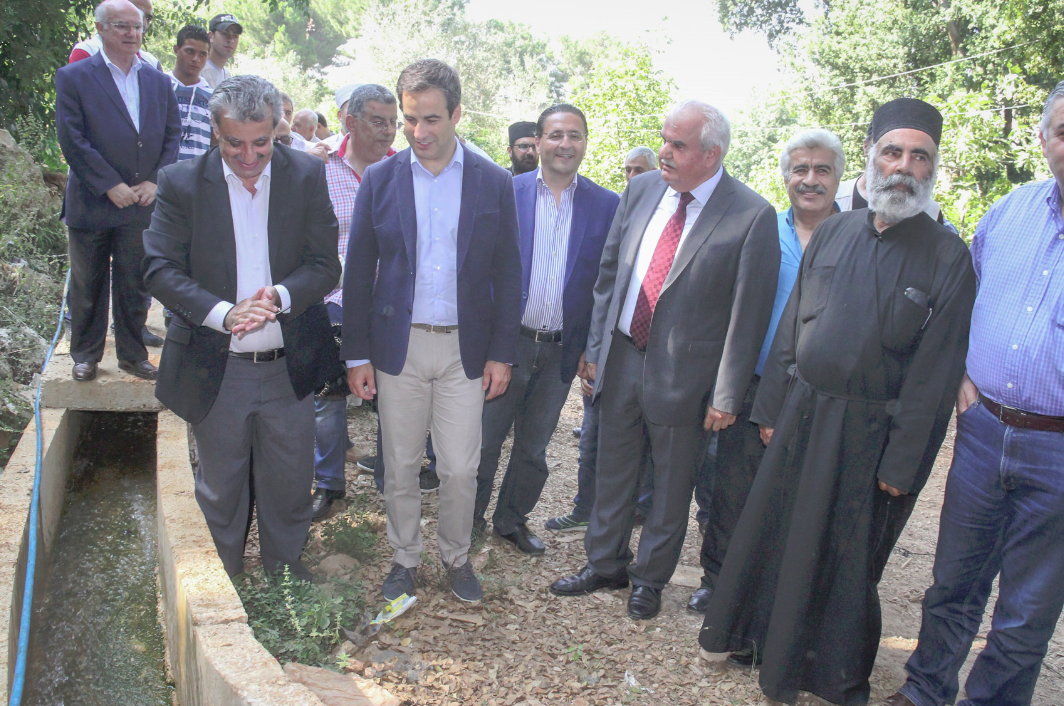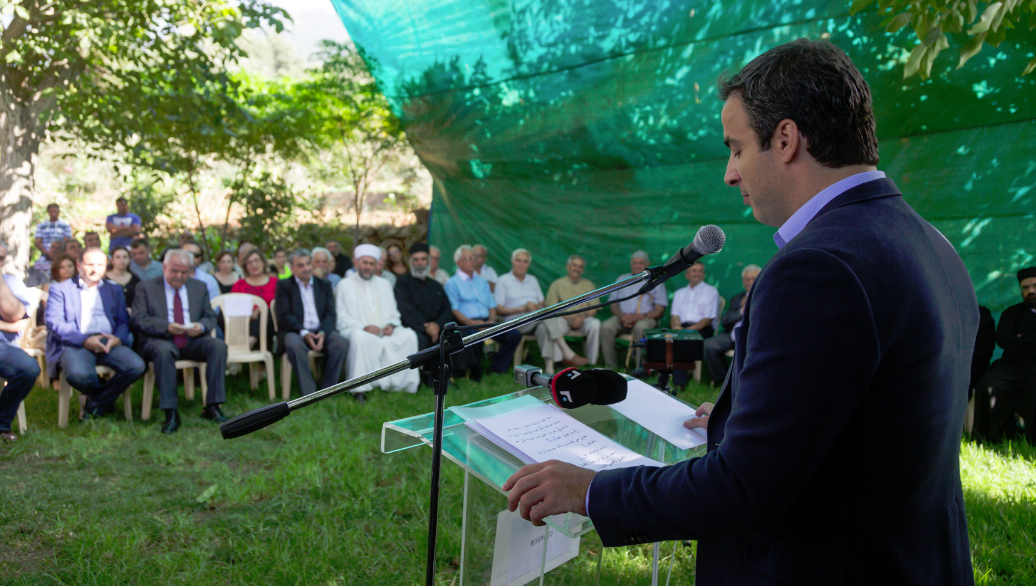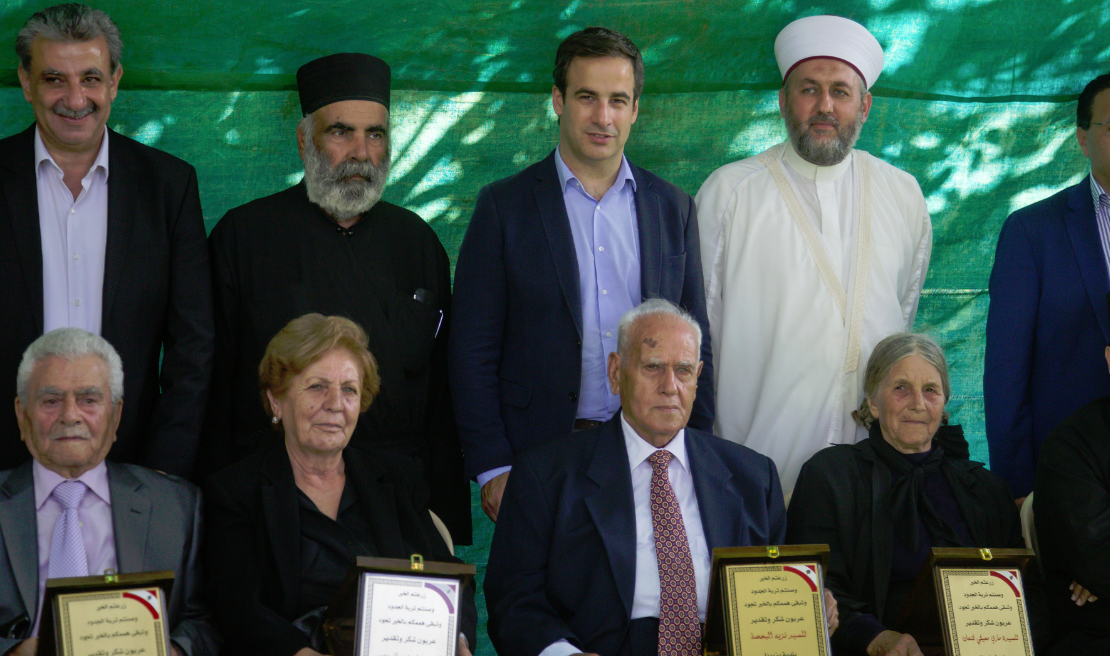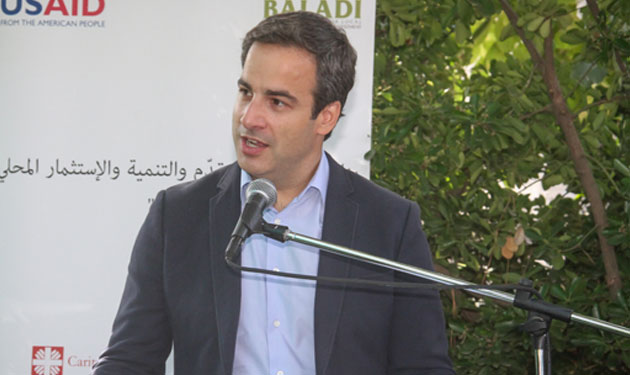Rene Moawad Foundation Executive Director Michel Moawad warned Monday against rampant corruption in state institutions as demonstrated by the country’s ongoing garbage crisis and urged the implementation of administrative decentralization in a bid to bolster transparency and accountability.
“The central government has failed to find a comprehensive solution for the collection and management of waste over the past 20 years. Rampant corruption is also obstructing reform in several other fields as well,” he said during a ceremony held in Akkar to mark the completion of an irrigation water conveyance network in Bazbina town.

In his speech, Moawad stressed that a decentralized governance system would bolster accountability as opposed to the lack of transparency that the country is suffering from under a centralized government system based on confessional power sharing.
“Successive governments have failed to resolve the country’s power crisis, which has cost the treasury more than $25 billion over the past 25 years excluding interest payments,” he said.
“Can you imagine what we could have accomplished if $25 billion was invested across all Lebanese districts whereby each governate would have received more than $3 billion?” Moawad asked participants at the ceremony.
Participants included members of the municipal council of Bezbina, associates of the agricultural cooperative, farmers of Bazbina, and community supporters.

Bazbina Mayor Milad Antoun praised USAID for providing–through the Rene Moawad Foundation—support to farmers.
The irrigation project was undertaken by the Rene Moawad Foundation via the Building Alliance for Local Advancement, Development, and Investment (BALADI) program, a five-year initiative funded by the United States Agency for International Development (USAID) in Lebanon.
The project aims at enhancing the participatory water management to ensure sustainable irrigation practices through the established partnership among Bazbina farmers, the Municipality of Bazbina, the Agricultural Cooperative of Bazbina and the North Water Authority.
158 farmers will benefit from the project, which featured the rehabilitation of 3,200 meters of irrigation canals at a cost of $158,000 to reduce the volume of water used for irrigation by 40%.
The BALADI program currently provides support for over 17 towns and features the implementation of 58 development projects across Lebanon.
In 2015, the program will select an additional 40 activities to support municipalities that work inclusively with citizens to undertake needed community development activities.








 العربية
العربية